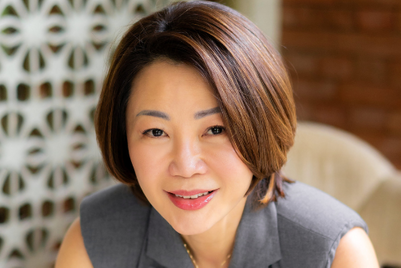
As celebrations and fireworks lit Johannesburg’s Soccer City Stadium for the World Cup finale on 9 July, Singapore started on its final leg of preparations for the inaugural Youth Olympic Games (YOG).
The YOG is the first event in over 80 years (Winter Olympics being the last) to be initiated by the International Olympic Committee and was won by Singapore in a tight match with Moscow.
High profile, branded sporting events such as these have spurred intense competition by cities across the world who have upped the ante on creativity, investments in infrastructure and resources to ensure that the mega event is every bit a success. Motivated by a desire to promote the sport and to capitalise on its surging popularity through sponsorships, it gives the host country an international audience and a chance to show its economic success.
To host the inaugural event, the government spent nearly SG$387 million (US$285 million), up from the original budget of SG$104 million (US$76 million). Dr Vivian Balakrishnan, minister of the Ministry of Community Development, Youth and Sports claims that it sees the Games as a chance to extend Singapore's image as an efficient, globally connected city. According to the honorable minister, "It will give us value for money in terms of positioning ourselves, marketing ourselves, making sure we are on everyone's radar the next time they make an investment decision, decide to site an international or regional headquarters or decide to expand their business.”
Needless to say, for the brand owners, this should be a great opportunity to associate their branded products with the YOG. And, with 204 countries in the competition, there ought to be ample opportunities for Singapore to attract marketing partners and sponsors.
However, despite being an international event, few brands viewed it as a golden opportunity and remain unconvinced that the YOG platform would benefit their brands and their investments. They feel that even though brand Singapore will garner international reputation to help build and reinforce its global brand status, the brands in themselves may not be relevant to the viewers or directly connect with the participants. As for those sponsors who are associated with the Olympics it could help extend their brand recognition by exhibiting their corporate responsibility.
Numerous data suggests that large-scale funding for Olympic sponsorships bears little result to the companies to be associated with the international games. For instance, according to one poll carried out by American Dynamic Logic Company (Dedyukhina, 2004), only 25 per cent of American viewers and only 12 per cent of Europeans pay considerable attention to the commercials connected to the Olympic Games. This being the case for a mega Olympic brand, the impact to new YOG brand will no doubt be considerably less.
It has also been observed that the newly constructed facilities in Seoul, Athens, Sydney and Beijing have been left unused post-games, thus continuing the financial burden on the host countries. It is therefore inevitable that the excessive investments made may not be justifiable for the returns which the host countries were expecting.
Although Singapore has made minimal investments to host the YOG 2010, its marketing partners will still be expecting a Return On Investment (ROI) for the huge amount of monies spent in sponsorships. Whether or not these benefits can be measured or if indeed they can be quantified by means of ROI, we will probably never know.
But the question still remaines: Who will emerge as the real winner of the YOG?


.jpg&h=334&w=500&q=100&v=20250320&c=1)


.png&h=334&w=500&q=100&v=20250320&c=1)





.png&h=334&w=500&q=100&v=20250320&c=1)

.png&h=268&w=401&q=100&v=20250320&c=1)
+(6).jpg&h=268&w=401&q=100&v=20250320&c=1)




